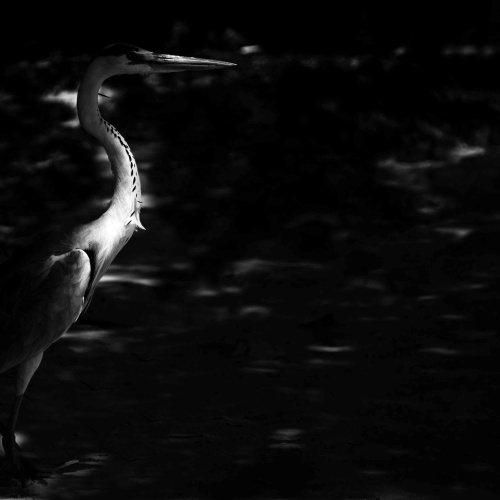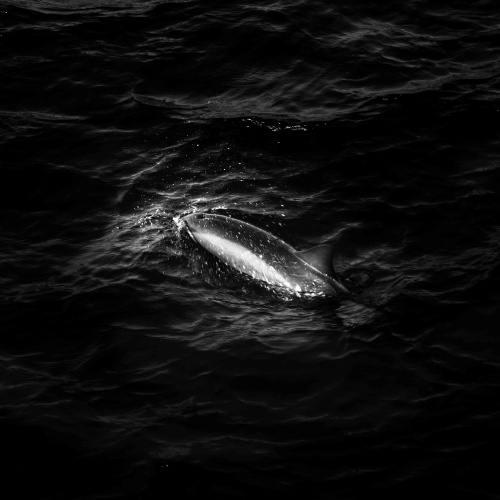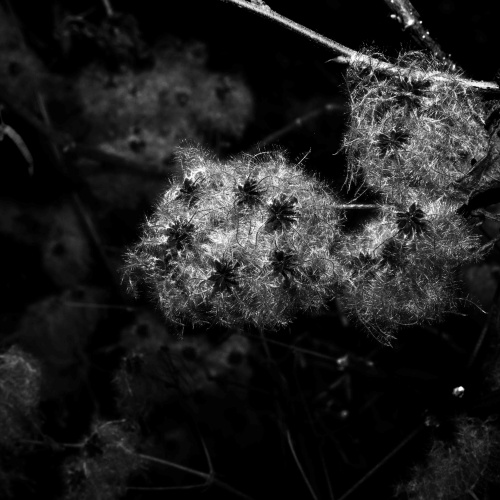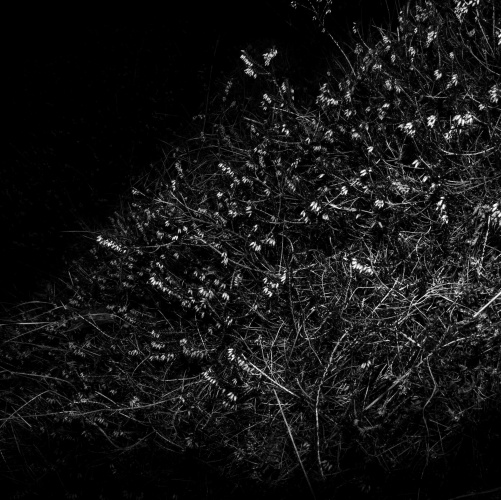2021 - Ubi tu Gaia, ibi ego gaius
Militare, scrittore, naturalista di grande cultura e fine intelligenza, Plinio il Vecchio fu soprattutto un uomo dotato di curiosità insaziabile.
Quando tutto doveva ancora essere indagato e capito, sovra-stimolato da una realtà che in qualunque aspetto lo attirava a sé e lo irretiva come il canto di una sirena, la sua voracità di conoscenza lo portò a ritmi di lavoro estenuanti che produssero innumerevoli opere, purtroppo per la maggior parte andate perdute.
L’occhio diventa lente di ingrandimento, ma non ancora microscopio.
Avvicinarsi all’oggetto per approfondire e, dal particolare, comprendere il generale.
Lo sguardo di Plinio osserva accuratamente la superficie delle cose per come si mostra e per quanto visibile.
Dalla grandezza di un albero il campo visivo si restringe sino a cogliere il dettaglio della corteccia, il nodo di un ramo, le venature del tronco. E’ il singolo fiore che lo interessa in un roseto, e quindi i petali, gli stami ed il pistillo che lo compongono. Non le loro parti invisibili.
“Nobis propositum est naturas rerum manifestas indicare, non causas indagare dubias ”
“il nostro proposito è quello di descrivere i fenomeni naturali manifesti, non di indagarne le cause oscure”
E’ con queste parole che - nel libro XI della sua Naturalis Historia - Plinio definiva il proprio approccio alla ricerca e all’indagine, quello che lo avrebbe portato alla stesura della opera.
In questi scatti, il suo sguardo curioso è quello del flash che, per comprendere il dettaglio, lo illumina avido e freddo mentre l’ambiente intorno sparisce.
Military man, writer, knowledgeable naturalist endowed with great intelligence, Pliny the Elder was above all a man of insatiable curiosity. At a time when the mysteries of nature were yet to be investigated and understood in their totality, he was overstimulated by a reality whose every aspect attracted and lured him like the song of a siren. Driven by an insatiable thirst for knowledge and an unwavering work ethic, he authored numerous works, yet regrettably, the majority of them have been lost to history.
The eye becomes a magnifying lens, but not yet a microscope, approaching the object and delving into it in order to understand the general from the specific. Pliny's gaze carefully observes the surface of things as they appear and as far as they are visible. From the size of a tree, the field of vision narrows to capture the detail of the bark, the knot of a branch, the grain of the trunk. His interest lies in the unique flower nestled within a rose garden, namely the petals, stamens, and pistil that comprise its essence, rather than the unseen elements that lie beneath.
In Book XI of his Natural History, Pliny defined his approach to research and inquiry with the following words: "Our purpose is to describe the manifest natural phenomena, not to investigate obscure causes." With this mindset, he set out to write his works. In those moments, his inquisitive gaze resembled a penetrating flash, avid and cold, as the surrounding environment faded into oblivion.
Quando tutto doveva ancora essere indagato e capito, sovra-stimolato da una realtà che in qualunque aspetto lo attirava a sé e lo irretiva come il canto di una sirena, la sua voracità di conoscenza lo portò a ritmi di lavoro estenuanti che produssero innumerevoli opere, purtroppo per la maggior parte andate perdute.
L’occhio diventa lente di ingrandimento, ma non ancora microscopio.
Avvicinarsi all’oggetto per approfondire e, dal particolare, comprendere il generale.
Lo sguardo di Plinio osserva accuratamente la superficie delle cose per come si mostra e per quanto visibile.
Dalla grandezza di un albero il campo visivo si restringe sino a cogliere il dettaglio della corteccia, il nodo di un ramo, le venature del tronco. E’ il singolo fiore che lo interessa in un roseto, e quindi i petali, gli stami ed il pistillo che lo compongono. Non le loro parti invisibili.
“Nobis propositum est naturas rerum manifestas indicare, non causas indagare dubias ”
“il nostro proposito è quello di descrivere i fenomeni naturali manifesti, non di indagarne le cause oscure”
E’ con queste parole che - nel libro XI della sua Naturalis Historia - Plinio definiva il proprio approccio alla ricerca e all’indagine, quello che lo avrebbe portato alla stesura della opera.
In questi scatti, il suo sguardo curioso è quello del flash che, per comprendere il dettaglio, lo illumina avido e freddo mentre l’ambiente intorno sparisce.
Military man, writer, knowledgeable naturalist endowed with great intelligence, Pliny the Elder was above all a man of insatiable curiosity. At a time when the mysteries of nature were yet to be investigated and understood in their totality, he was overstimulated by a reality whose every aspect attracted and lured him like the song of a siren. Driven by an insatiable thirst for knowledge and an unwavering work ethic, he authored numerous works, yet regrettably, the majority of them have been lost to history.
The eye becomes a magnifying lens, but not yet a microscope, approaching the object and delving into it in order to understand the general from the specific. Pliny's gaze carefully observes the surface of things as they appear and as far as they are visible. From the size of a tree, the field of vision narrows to capture the detail of the bark, the knot of a branch, the grain of the trunk. His interest lies in the unique flower nestled within a rose garden, namely the petals, stamens, and pistil that comprise its essence, rather than the unseen elements that lie beneath.
In Book XI of his Natural History, Pliny defined his approach to research and inquiry with the following words: "Our purpose is to describe the manifest natural phenomena, not to investigate obscure causes." With this mindset, he set out to write his works. In those moments, his inquisitive gaze resembled a penetrating flash, avid and cold, as the surrounding environment faded into oblivion.









